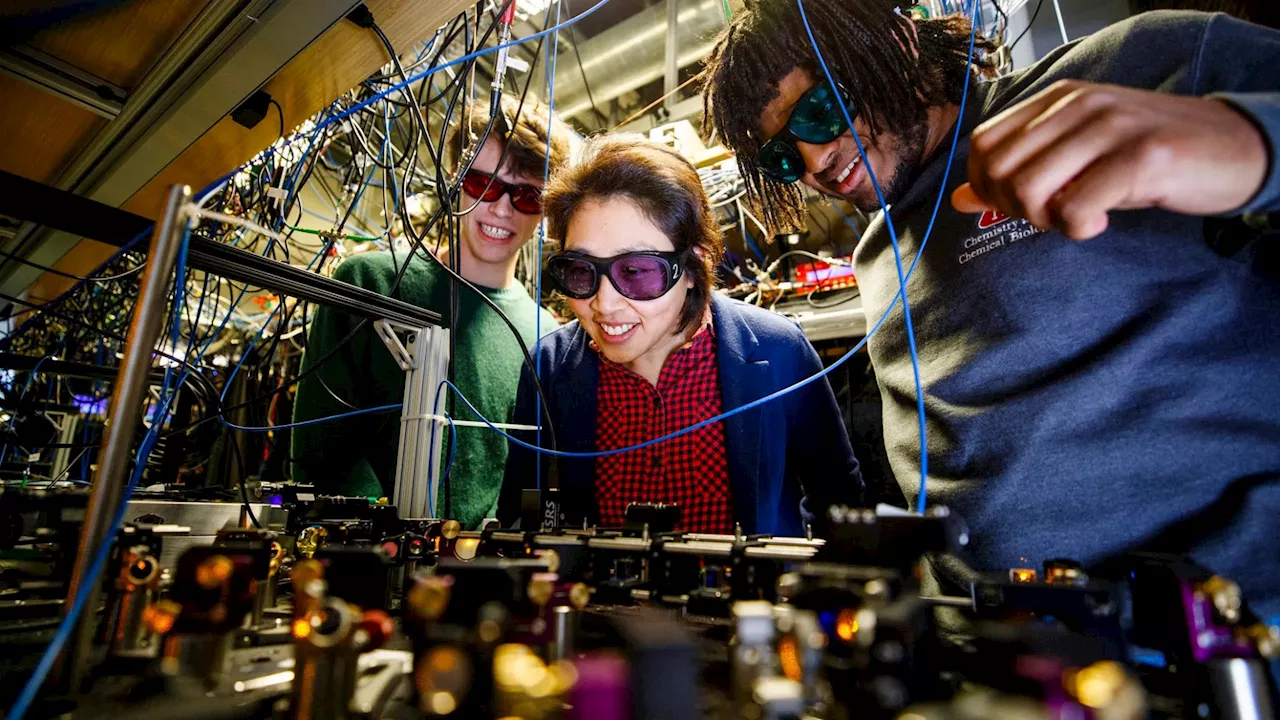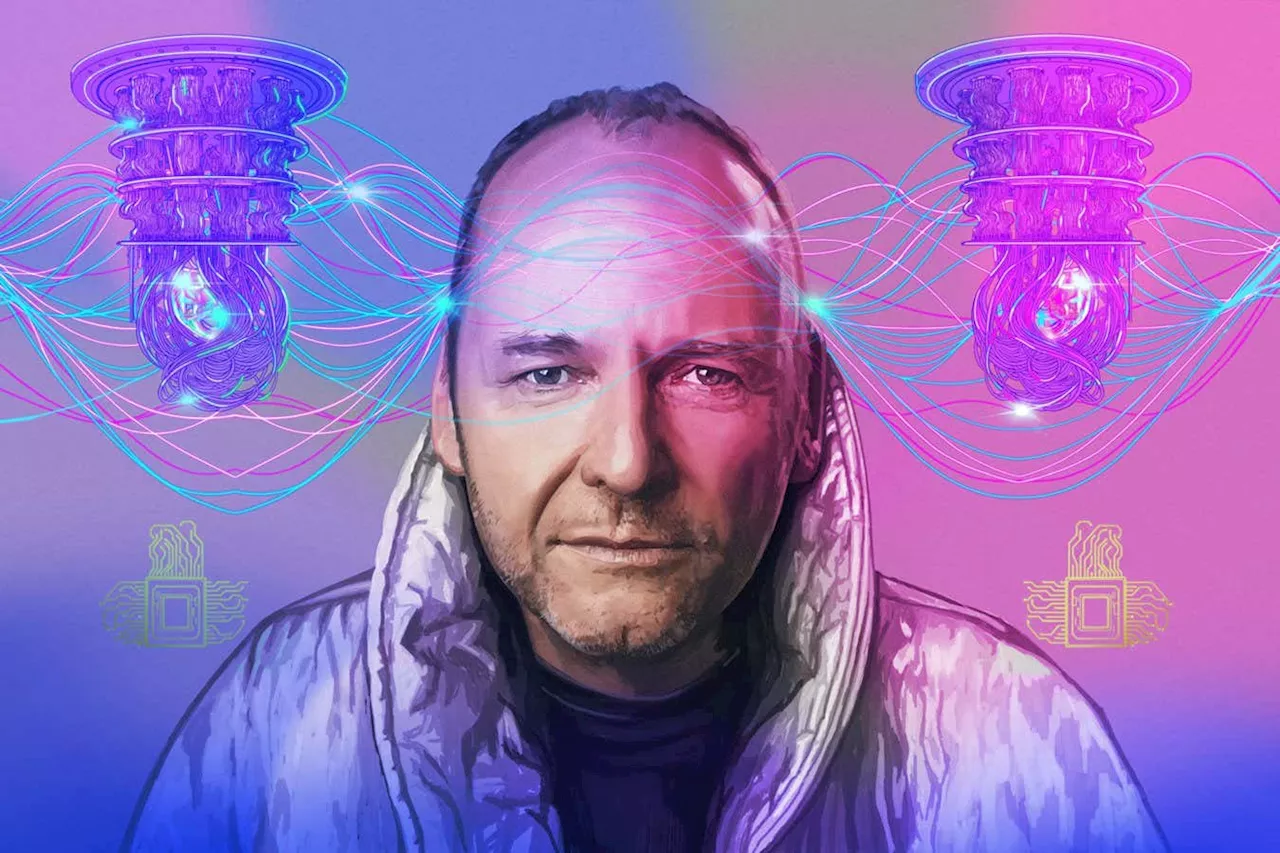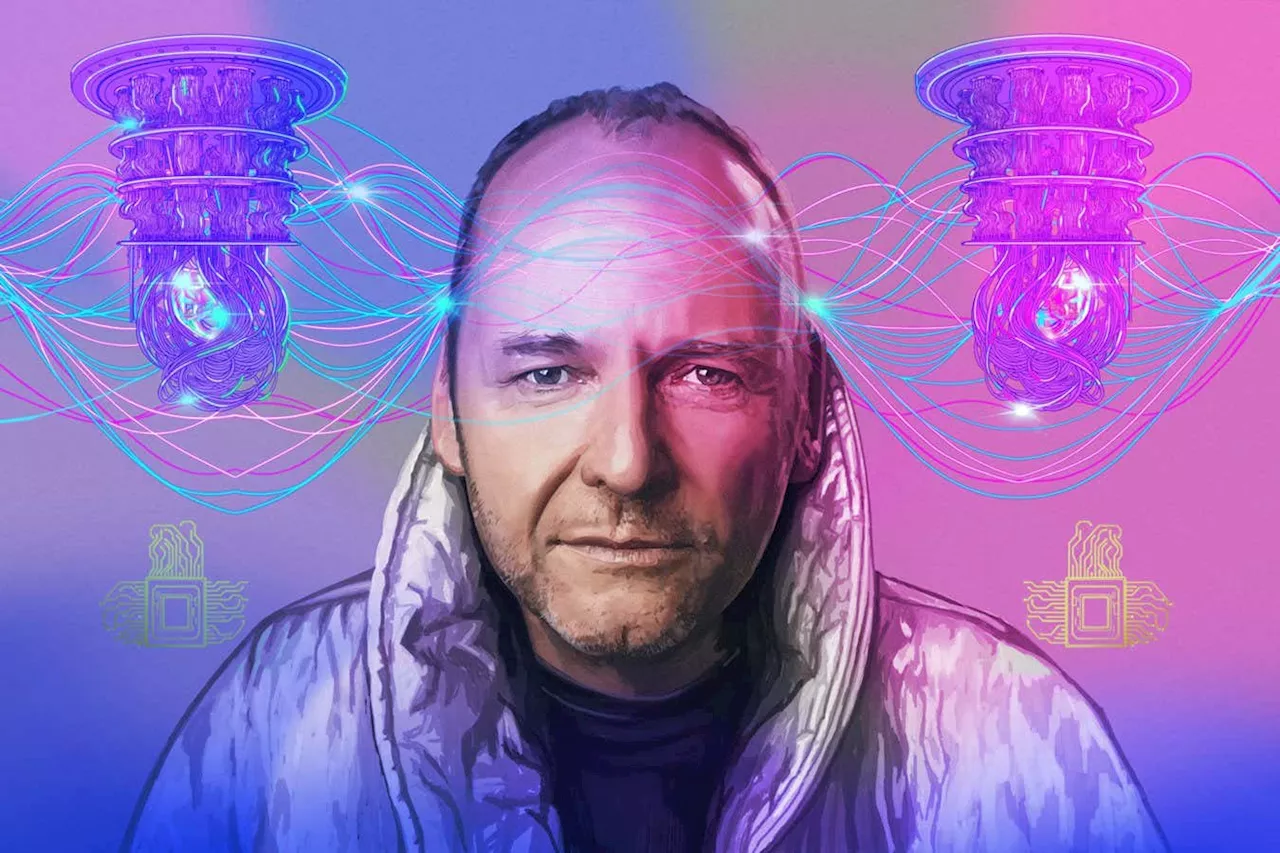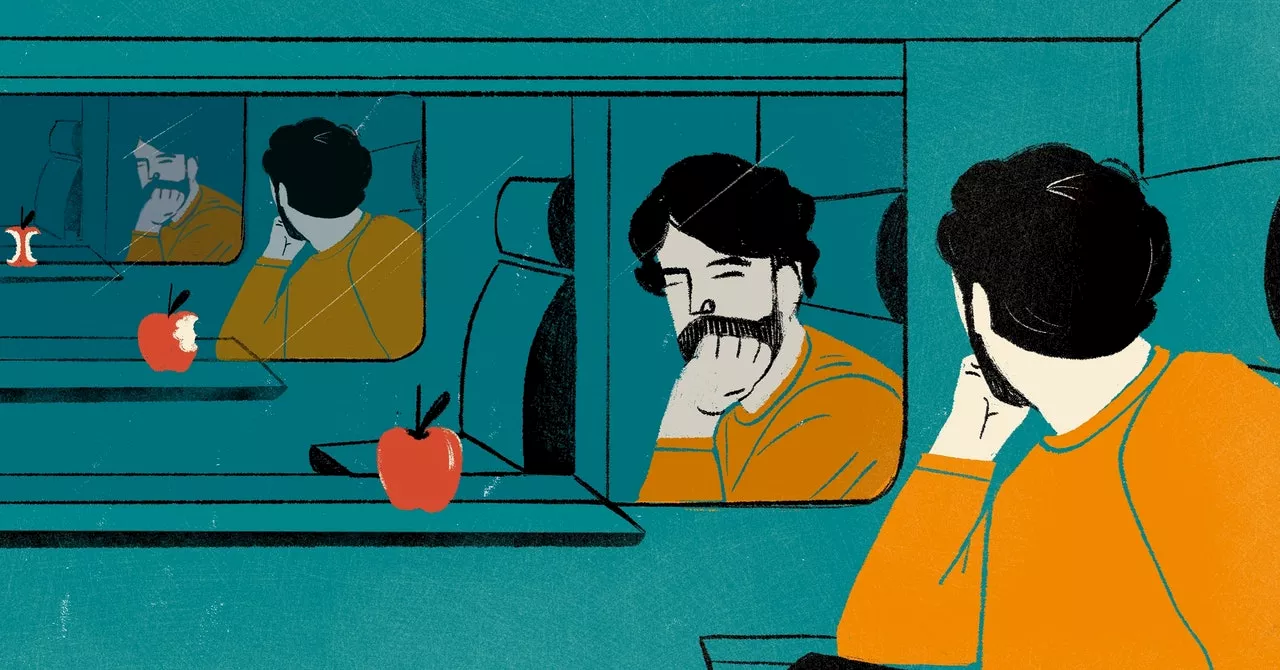A new study has figured out a way to measure the spin of tin-based qubits with 87 percent accuracy, enhancing the strength of signals from these qubits to a great extent.
Scientists have known that tin vacancy qubits hold the key to unlocking the quantum internet, a revolutionary, ultra-secure network that harnesses the laws of quantum physics to redefine communication and computing on a global scale.However, they haven’t been able to realize the potential of tin vacancy qubits. This is because spin decides the strength of signals from tin vacancy qubits.
For instance, they re-aligned the magnetic field around the qubits such that it maximized their brightness. “You can have a magnetic field that is not oriented the right way, and then the qubit will not appear bright. We modified the physical environment using some knobs that people didn’t appreciate too much before this,” Souvik Biswas, one of the study authors and a postdoc research affiliate at Stanford University, said.
United States Latest News, United States Headlines
Similar News:You can also read news stories similar to this one that we have collected from other news sources.
 Record cold quantum refrigerator paves way for reliable quantum computersQuantum computers require extreme cooling to perform reliable calculations. One of the challenges preventing quantum computers from entering society is the difficulty of freezing the qubits to temperatures close to absolute zero.
Record cold quantum refrigerator paves way for reliable quantum computersQuantum computers require extreme cooling to perform reliable calculations. One of the challenges preventing quantum computers from entering society is the difficulty of freezing the qubits to temperatures close to absolute zero.
Read more »
 Harvard Scientists Trap Molecules for Quantum Operations, Ushering in a New Era of Quantum ComputingFor the first time, scientists have successfully trapped molecules and used them to perform quantum operations, marking a significant leap forward in the field of quantum computing. This breakthrough opens up new possibilities for building more powerful and versatile quantum computers.
Harvard Scientists Trap Molecules for Quantum Operations, Ushering in a New Era of Quantum ComputingFor the first time, scientists have successfully trapped molecules and used them to perform quantum operations, marking a significant leap forward in the field of quantum computing. This breakthrough opens up new possibilities for building more powerful and versatile quantum computers.
Read more »
BTQ Technologies Partners with South Korean Organizations to Advance Quantum InnovationBTQ Technologies, a global quantum technology company focused on securing mission-critical networks, has signed a Memorandum of Understanding (MOU) with South Korea's Future Quantum Convergence Forum (FQCF), Quantum Industrial Standard Association (QuINSA), and Future Quantum Convergence Institute (QCI). This collaboration aims to drive innovation and foster global cooperation in quantum technologies through initiatives in industrial standards, events, and industry-academic programs.
Read more »
 Can we use quantum computers to test a radical consciousness theory?Hartmut Neven, who leads Google's Quantum AI lab, wants to entangle our brains with quantum processors to test the idea that consciousness involves quantum phenomena
Can we use quantum computers to test a radical consciousness theory?Hartmut Neven, who leads Google's Quantum AI lab, wants to entangle our brains with quantum processors to test the idea that consciousness involves quantum phenomena
Read more »
 Can Quantum Computers Unlock the Mystery of Consciousness?Some scientists propose that moments of experience arise from quantum superpositions in the brain, but this theory lacks evidence. However, a growing group of researchers believe it's worth exploring. Leading quantum computing expert, Hartmut Neven, suggests that quantum computers might be able to test the idea of quantum consciousness.
Can Quantum Computers Unlock the Mystery of Consciousness?Some scientists propose that moments of experience arise from quantum superpositions in the brain, but this theory lacks evidence. However, a growing group of researchers believe it's worth exploring. Leading quantum computing expert, Hartmut Neven, suggests that quantum computers might be able to test the idea of quantum consciousness.
Read more »
 Quantum Physics Rethinks Reference FramesThis article explores the growing recognition in quantum physics of the importance of reference frames. Traditionally, quantum experiments assumed a shared reference frame for observers, but recent research suggests that quantum uncertainty and superposition necessitate a re-evaluation of this concept. The article highlights the implications of incorporating quantum theory into the description of reference frames, potentially leading to new insights into phenomena like superposition and entanglement.
Quantum Physics Rethinks Reference FramesThis article explores the growing recognition in quantum physics of the importance of reference frames. Traditionally, quantum experiments assumed a shared reference frame for observers, but recent research suggests that quantum uncertainty and superposition necessitate a re-evaluation of this concept. The article highlights the implications of incorporating quantum theory into the description of reference frames, potentially leading to new insights into phenomena like superposition and entanglement.
Read more »
